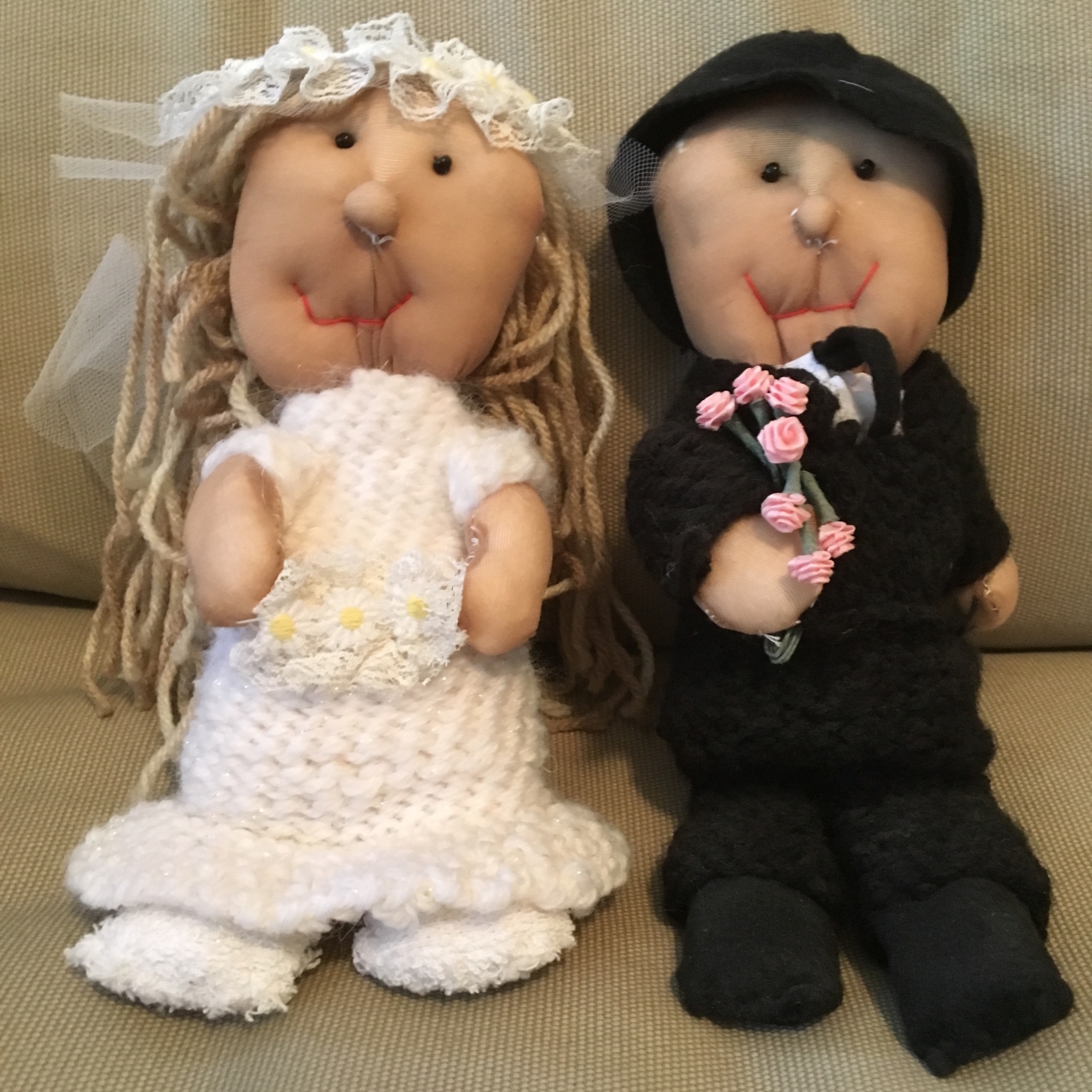Knowing Yourself Helps You Have a Successful Relationship

Maude is away this weekend being Nana (and loving it!), so I’m flying solo in this week’s blog. Time and time again we describe our relationship as peaceful and free of conflict and hear “That’s nice for you, but…,” so I’d like to address that here. Yes, it’s true that we agree on politics; neither of us are cleanliness freaks; we like the same music; we’d rather take serendipitous trips than plan every detail in advance. But there are a number of differences as well: Maude watches a lot of TV series that I don’t; she’s a Urantia book reader and I’m a kinda Zen Buddhist; she likes to print out online confirmations and I like to save paper.
Yet our differences don’t come close to being problems. We have a great quote by Andy Warhol in our new book: “Sometimes people let the same problem make them miserable for years when they could just say, So What. That’s one of my favorite things to say. So What.” Treat differences with your partner the same way. If they do bug you, that’s your problem not theirs. You have work to do. Search behind the emotions and see what you find.
Meditation is a great tool in this area. By quieting the mind it makes space for emotions to arise, and by permitting them, deeper feelings can in turn surface. Allowing them in and sitting with them but not acting on them lets them dissipate, and teaches the valuable lesson that you can have feelings without acting on them.
Sometimes you won’t be able to let go and say So What. That’s OK too; maybe it means you have discovered an important value for yourself, what we call a core value. If printing an online confirmation is anathema to you because you are a committed environmentalist, good for you. (But make a note that one of your behaviors is to impose your rules for living on other people.) Being able to determine the importance of your dislikes is an aspect of knowing yourself. For the first 20 years of our life, we are told what to think and how to eat, and are then summarily released into the world. It is hard to realize that these are not our ideas, and to find our own true beliefs.
To dig deeper, look for a sense of discomfort in certain situations. For instance, the ethics of colleagues at the office may make you uncomfortable. Lots of clues here: who you want to be friends with, how you should act personally, what kind of work you should take part in. You may not recognize this discomfort and what you should take from it at the time; it’s usually only in retrospect that you can assess what the right actions should have been, but such discomfort is very often a potential learning experience. Say thank you to life for these teaching moments!
It’s a lifetime’s work finding these values and learning to live them. It involves growing our empathy and diminishing the ego (which fits right in with the research showing that helping others brings more happiness than helping yourself.)
The more we have a sense of what values are important, the less weight we put on the small things in life. That is how Maude and I get on so peacefully. We thrive on the support and respect we give each other, and everything else becomes circumstantial entertainment.
Loved your blog post Phil! You’re a great teacher!! More, more, more of this please!
I think that works even with people who are not one’s partners, though reciprocity is perhaps too much to expect from neighbors or casual acquaintances. I like that idea: if it bugs me, that’s my problem. That sits me back down.